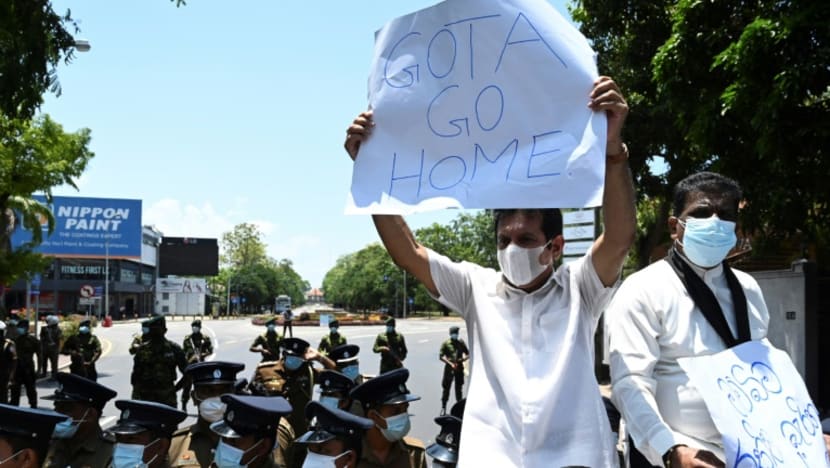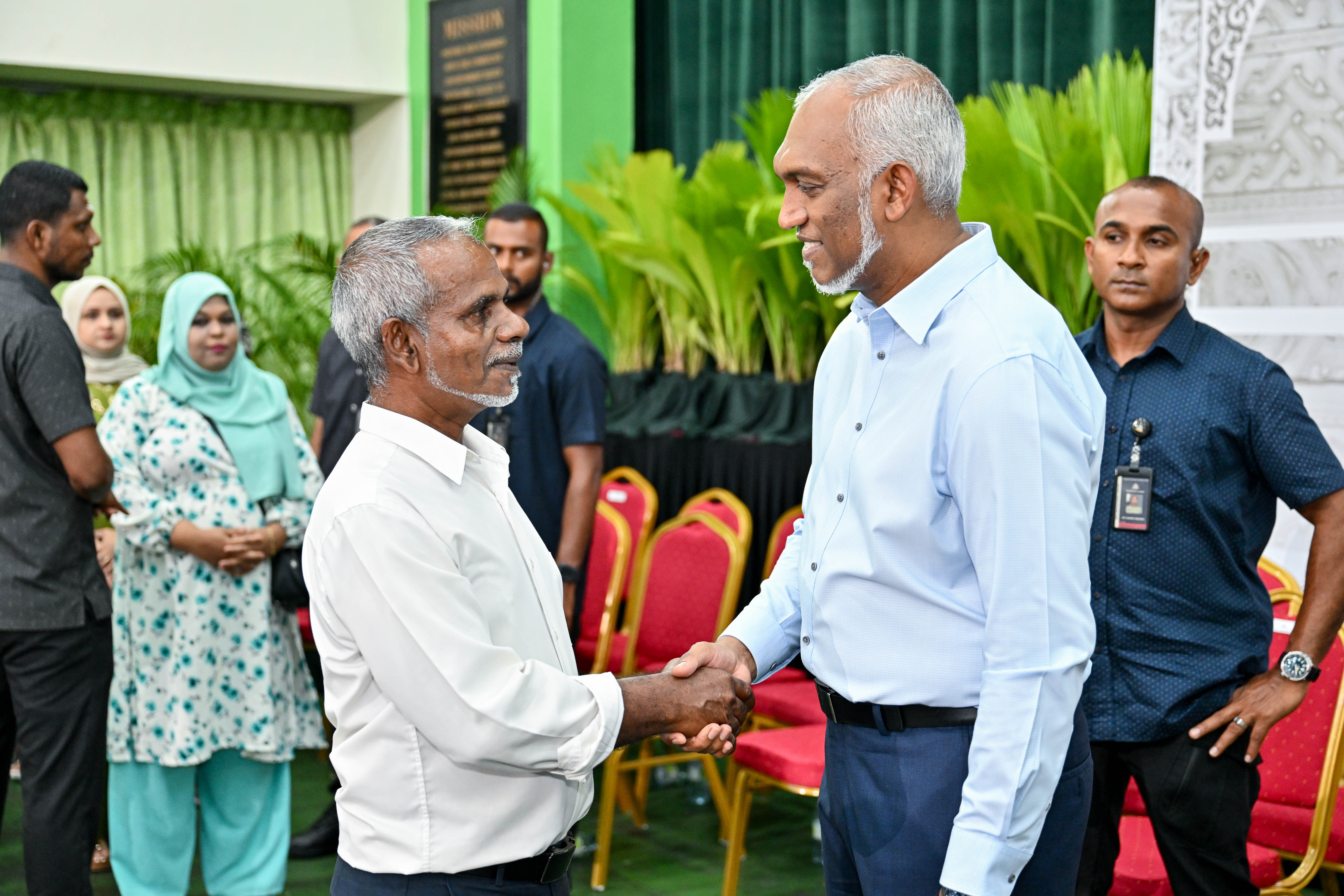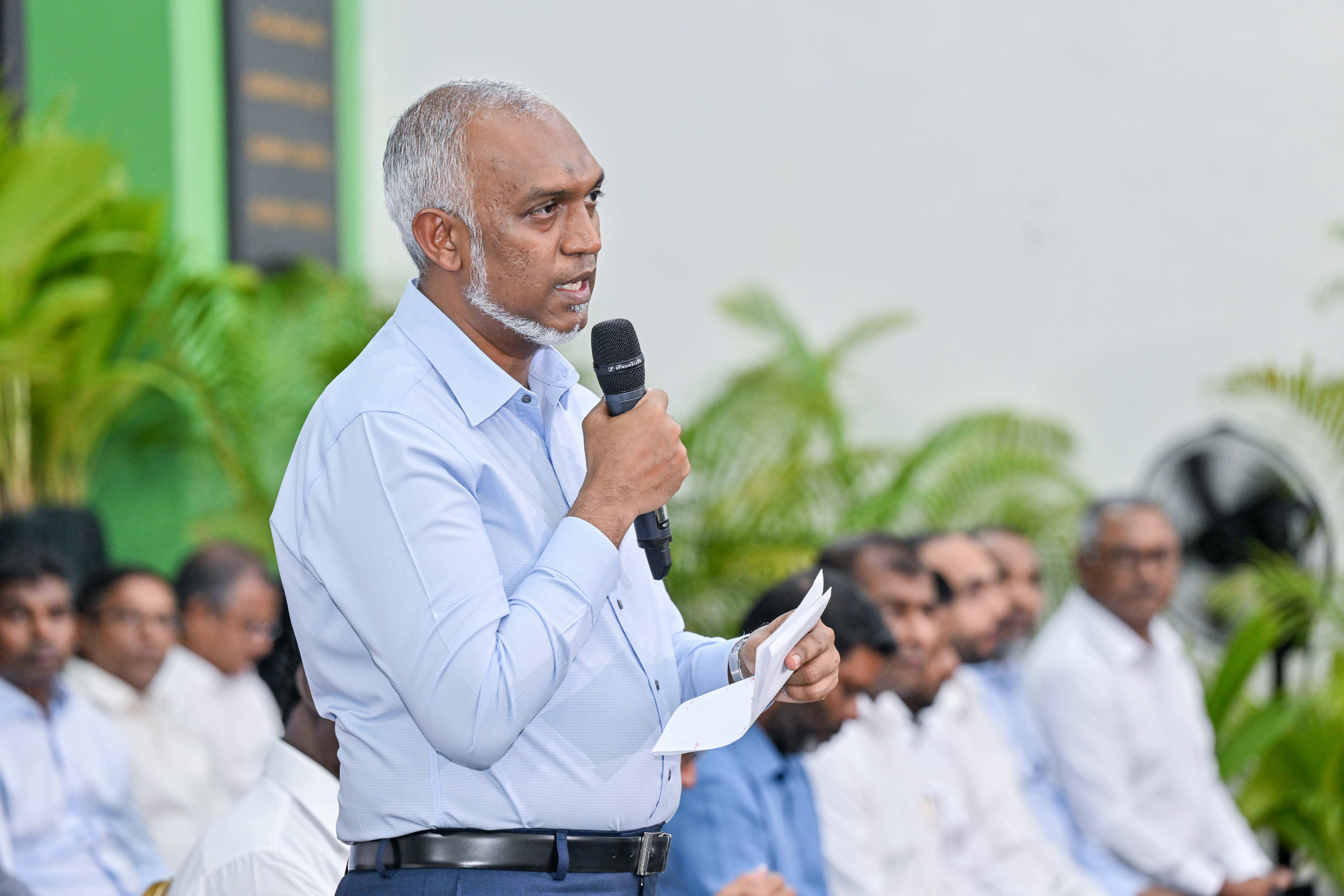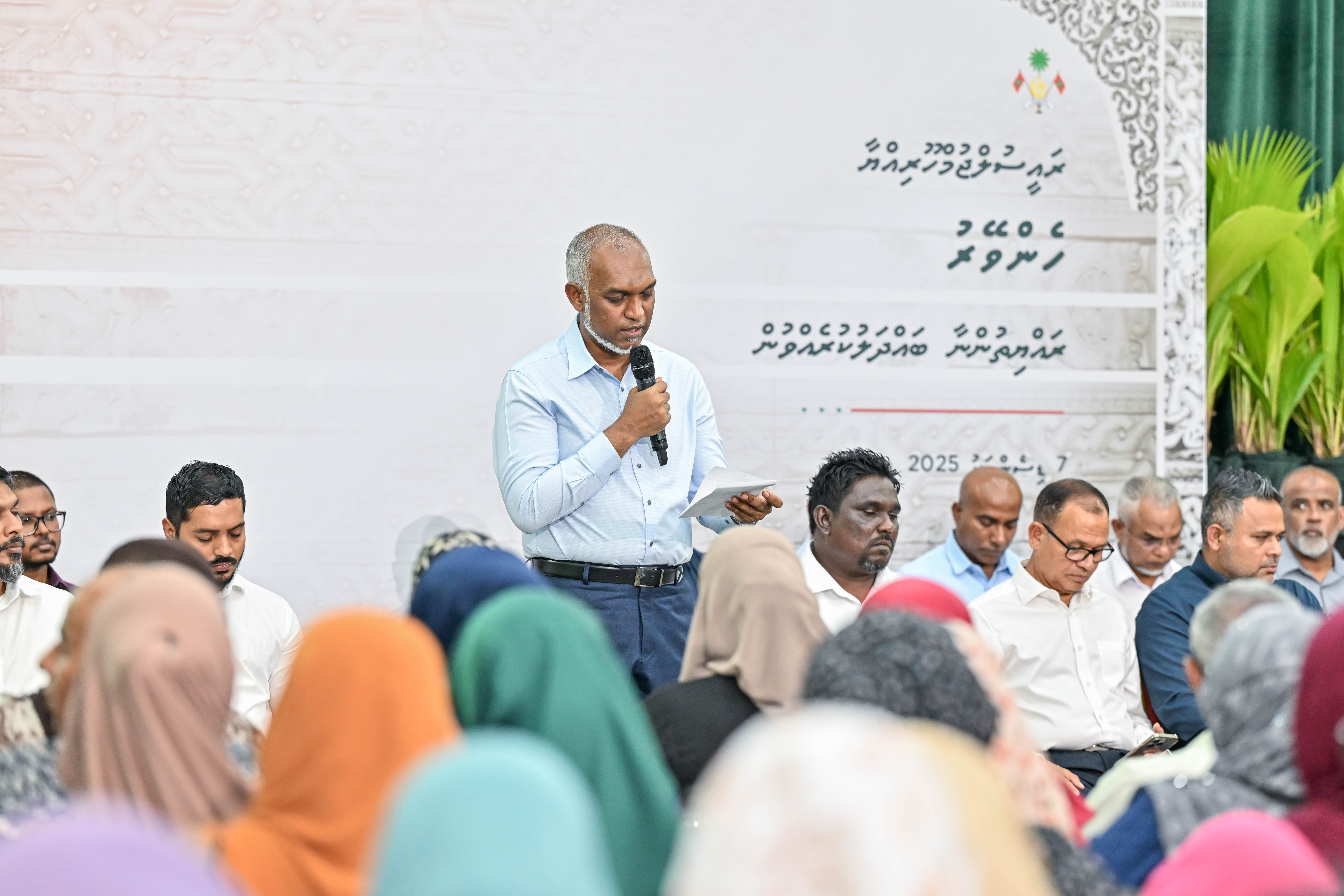Protesters in Sri Lanka defy a weekend curfew to rally against the nation's worsening economic crisis.
The Samagi Jana Balawegaya (SJB), Sri Lanka's main opposition alliance, denounced a social media blockade imposed Sunday to quell intensifying public demonstrations, and said it was time for the government to tender its resignation.
Armed troops moved to stop a protest by more than one hundred opposition lawmakers and supporters attempting to march to the capital's Independence Square from the home of opposition leader Sajith Premadasa.
Reports say that in the capital Colombo, opposition protesters faced off with security forces for a couple of hours before dispersing peacefully. But in the city of Kandy, police fired tear gas and water cannon at students.
President Gotabaya Rajapaksa imposed a state of emergency on Friday, the day after a crowd attempted to storm his home in the capital Colombo, and a nationwide curfew is in effect until Monday morning. Along with a 36-hour curfew, People are banned from being on any public road, in a park, on trains, or on the seashore unless they have written permission from the authorities, and access to social media was blocked temporarily.
The curfew is due to remain in force until 06:00 (00:30 GMT) on Monday.
Sri Lanka is grappling with what is said to be its worst economic crisis since independence from Britain in 1948. It is caused in part by a lack of foreign currency, which is used to pay for fuel imports. With power cuts lasting half a day or more, and shortages of food, medicines, and fuel, public anger has reached a new high.
It is a massive turnaround in popularity for Mr. Rajapaksa, who swept into power with a majority win in 2019, promising stability and a "strong hand" to rule the country.
The Samagi Jana Balawegaya (SJB), Sri Lanka's main opposition alliance, denounced a social media blockade imposed Sunday to quell intensifying public demonstrations, and said it was time for the government to tender its resignation.
Armed troops moved to stop a protest by more than one hundred opposition lawmakers and supporters attempting to march to the capital's Independence Square from the home of opposition leader Sajith Premadasa.
Reports say that in the capital Colombo, opposition protesters faced off with security forces for a couple of hours before dispersing peacefully. But in the city of Kandy, police fired tear gas and water cannon at students.
President Gotabaya Rajapaksa imposed a state of emergency on Friday, the day after a crowd attempted to storm his home in the capital Colombo, and a nationwide curfew is in effect until Monday morning. Along with a 36-hour curfew, People are banned from being on any public road, in a park, on trains, or on the seashore unless they have written permission from the authorities, and access to social media was blocked temporarily.
The curfew is due to remain in force until 06:00 (00:30 GMT) on Monday.
Sri Lanka is grappling with what is said to be its worst economic crisis since independence from Britain in 1948. It is caused in part by a lack of foreign currency, which is used to pay for fuel imports. With power cuts lasting half a day or more, and shortages of food, medicines, and fuel, public anger has reached a new high.
It is a massive turnaround in popularity for Mr. Rajapaksa, who swept into power with a majority win in 2019, promising stability and a "strong hand" to rule the country.


















